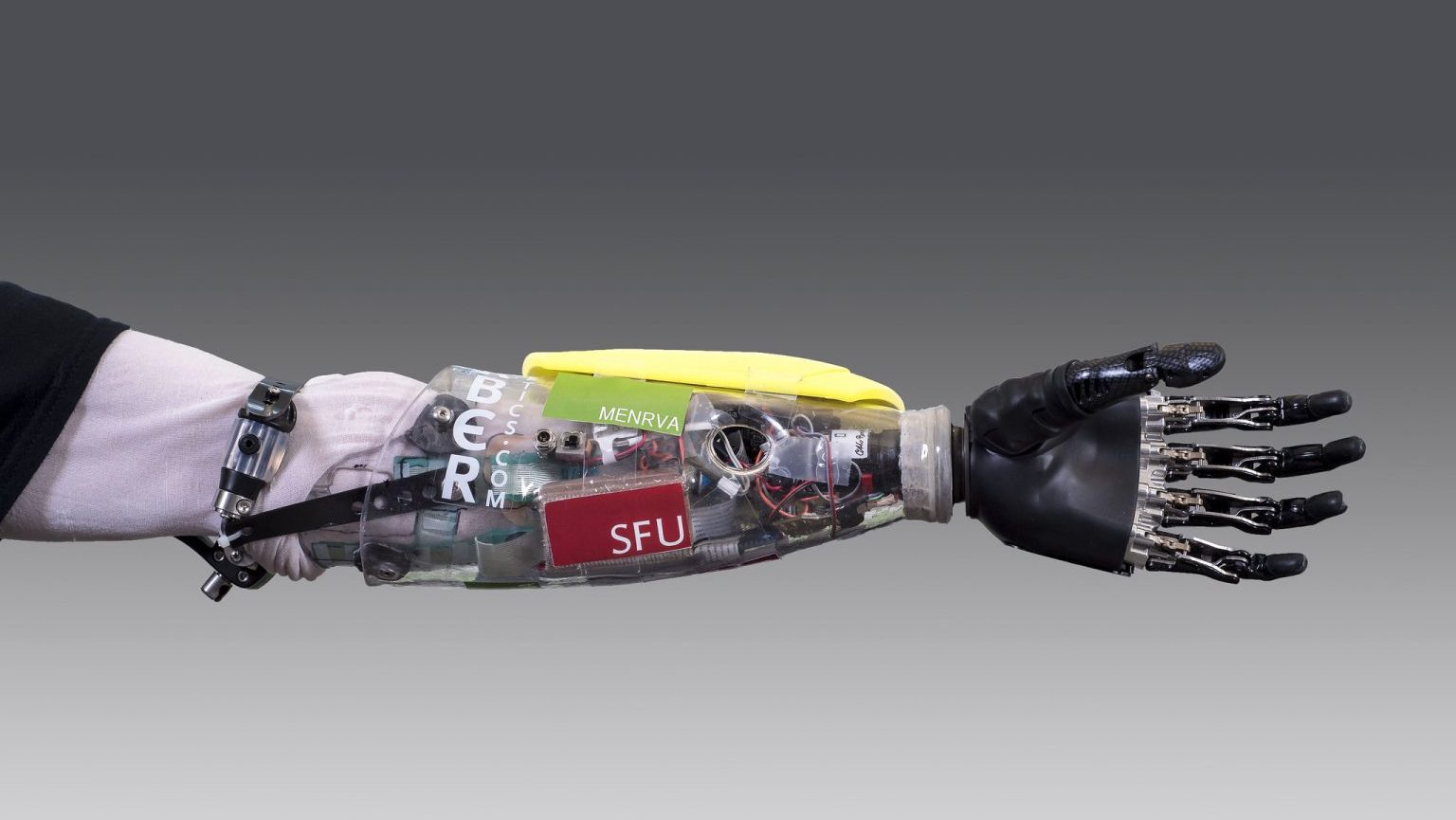Giving Credit Even When It Isn’t Due

Giving others credit when it isn’t due may sound counterintuitive, but it is what skilled managers and leaders do. The principle applies to people who work for us as much as it does to persons for whom we work.
Just as only misinformed people think they have all the answers, only the desperate attempt to grab all the credit. Confident and competent people know that hoarding credit, or waiting until a job is fully finished before providing some, often results in reduced motivation and/or heightened resentment. Worse, when fear of public ridicule exists, people don’t speak up until problems are too large to fix.
We’re not speaking of praise for its own sake. When people sincerely try to do good work, spotlighting their mistakes can be demoralizing. Rather than say “You’re completely wrong,” or “That’s one of the dumbest comments I’ve heard this month,” astute communicators link some aspect of the other person’s performance to the attainment of the overall goal. Here are a few examples:
“I think I see what you’re saying. I’m not sure it works that way, but your reasoning makes me think we could take another direction.”
“Let’s consider making an alteration in the plan that fits better with what you said earlier about…”
Aside from the obvious benefit of avoiding open conflict, phrases that include even a slight amount of credit have persuasive advantages. Such comments as, “I’d like to hear more about that, Alex,” “You’re the go-to person in this area, Ellen, what do you think?” and “Jason, you’ve handled a delicate situation like this one. Why don’t you give us the benefit of your experience?” reward competence while discouraging defensiveness.
Giving credit during the course of a project — or, say, with one’s children whose grades aren’t yet where they should be — creates a culture of learning rather than anticipated punishment. “You’ve done some very good things here,” said before introducing remedial or next steps, is the kind of positive nudging all of us need at one time or another.
Reciprocity is a communication constant. Defensiveness often elicits defensiveness. Insult can evoke thoughts of revenge. In short, we tend to give back what we get. This is another reason to give credit on progress or good intentions. “I see now where you were going with that,” and “I understand better why you took that route,” are phrases that allow advice or criticism to follow without bruising another person’s ego.
People have reasons for doing what they do, even when it’s a mistake in your eyes. The best managers and leaders determine what those reasons are. Where others chastise, they more often try to find a way forward without bloodletting. As a result, they make fewer enemies and form more enduring, constructive relationships with the people on whom their success depends.
Kathleen also blogs on communication, negotiation, and politics here.
Photo: shuttertakan/Shutterstock.com





